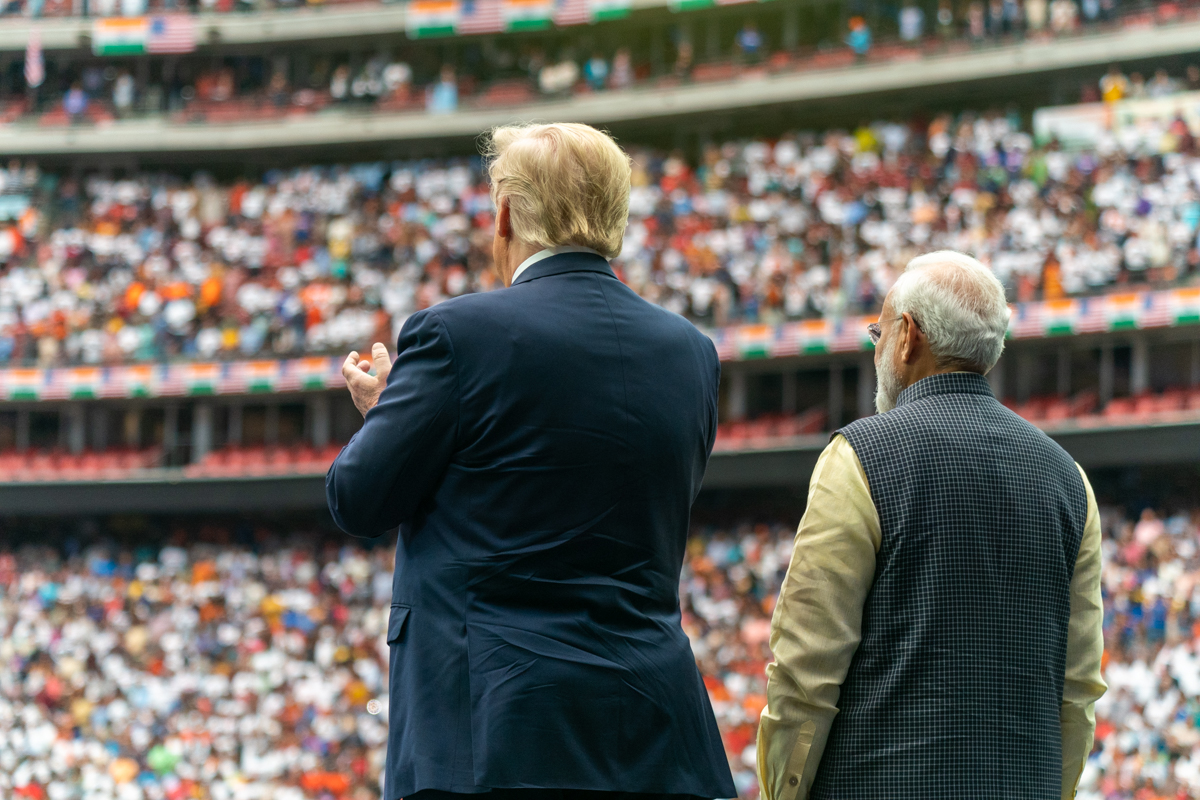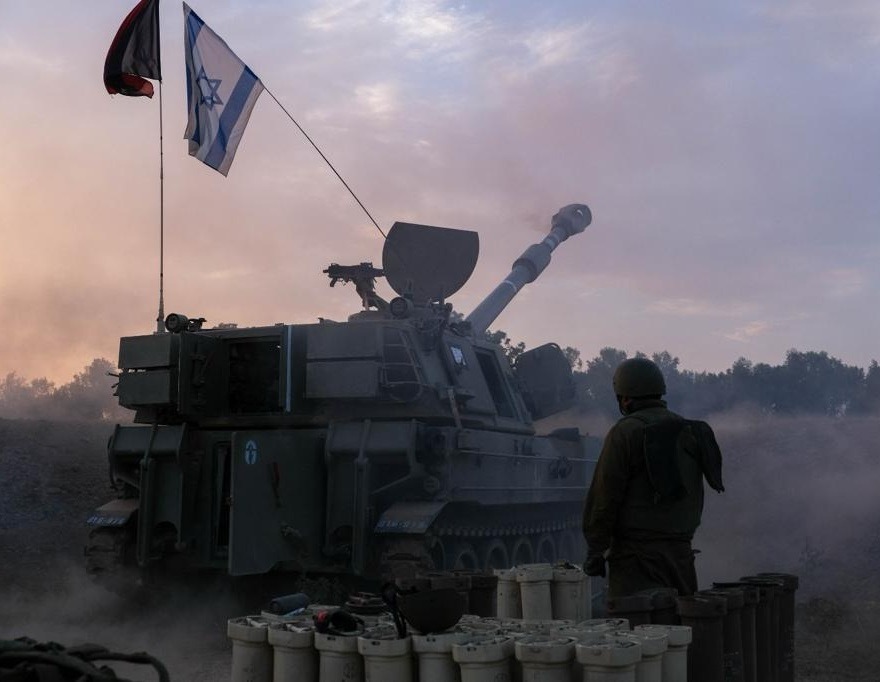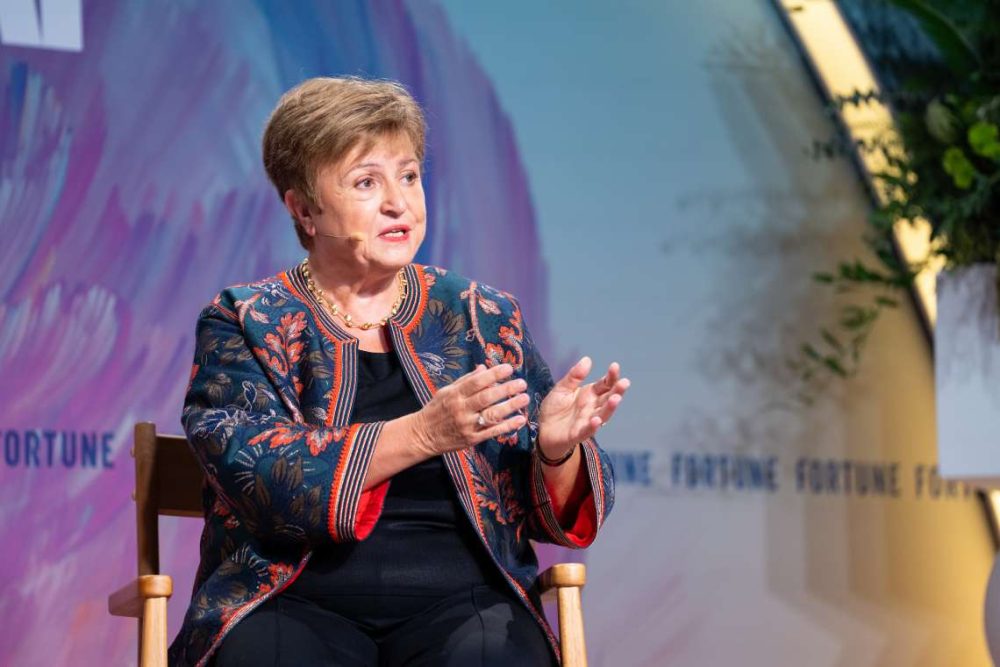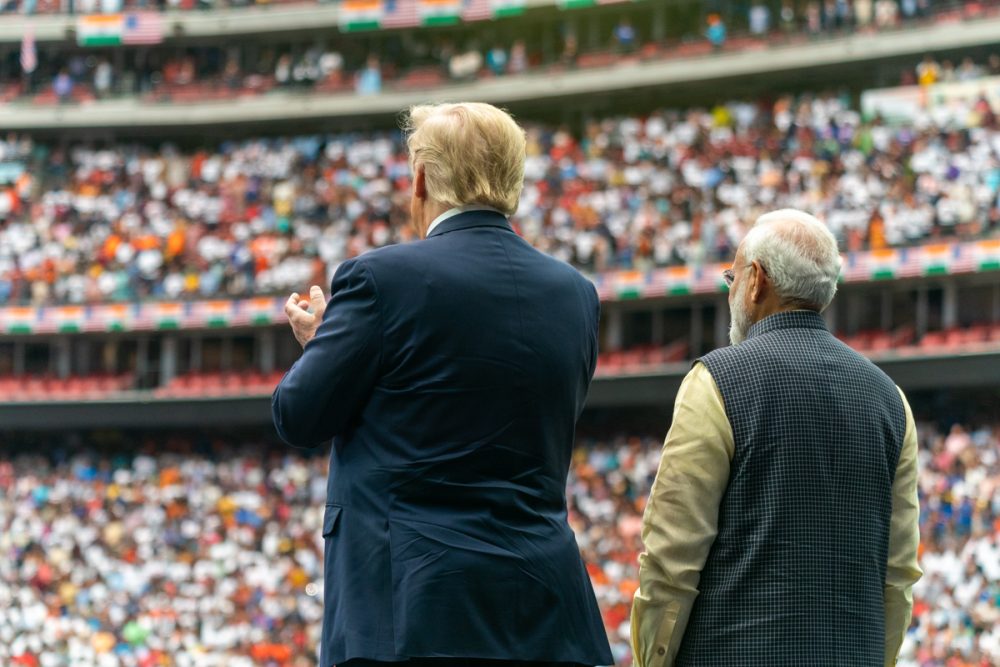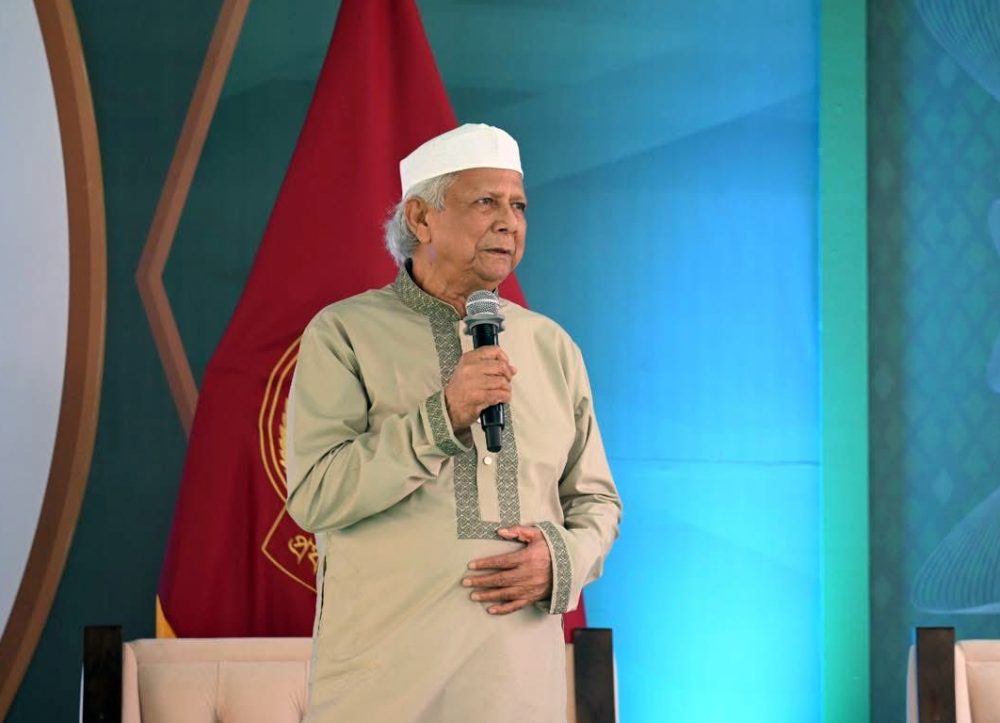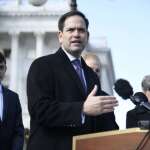Top US official reiterated President Biden’s stance, emphasising that the U.S. will not engage in combat in Ukraine….reports Asian Lite News
The White House confirmed on Tuesday that the United States has no plans to deploy troops to Ukraine, following French President Emmanuel Macron’s indecision on Western forces’ dispatch.
National Security Council spokesperson Adrienne Watson reiterated President Biden’s stance, emphasising that the U.S. will not engage in combat in Ukraine.
Instead, Biden advocates for Congress to authorise military aid to empower Ukrainian troops in defending against Russian aggression, believing this approach holds the “path to victory.”
Meanwhile, Kremlin Spokesman Dmitry Peskov said that a direct confrontation between Russia and the NATO will be ‘inevitable’ if Western nations decide to send troops to Ukraine.
Peskov’s comments on Tuesday come amid statements made by French President Emmanuel Macron during a conference in Paris on Monday, where a group of European leaders discussed ways to bolster Western support for Ukraine, Xinhua news agency reported.
Macron noted that while there was no official consensus among European leaders, the possibility of sending Western troops to Ukraine “should not be ruled out,” adding that the West will do everything to ensure Russia does not win the ongoing war.
“In this case, we would need to talk not about the likelihood, but about the inevitability (of a clash with NATO),” Peskov said while responding to a question on the potential deployment of NATO troops to Ukraine.
A number of countries are guided by “a fairly sober assessment” of the potential dangers of such actions, he added.
Meanwhile, German Defence Minister Boris Pistorius has ruled out sending German ground troops to Ukraine after French President Emmanuel Macron suggested a day before that European nations might do so.
“Boots on the ground is not an option for the Federal Republic of Germany,” Pistorius told a press conference after meeting with Austrian Defence Minister Klaudia Tanner in Vienna on Tuesday as quoted by Xinhua news agency report.
Tanner also called Macron’s remarks “a worrying signal”.
The Prime Ministers of the Visegrad Group (V4) countries said they are not planning to send troops to Ukraine.
Czech PM Petr Fiala, Poland’s Donald Tusk, Slovakia’s Robert Fico and Hungary’s Viktor Orban made the statement on Tuesday after a V4 leaders meeting, Xinhua news agency reported.
Despite their agreement on Ukraine’s need for help, they are willing to offer assistance in different forms, Fiala said.
According to Fiala, the Czech Republic and Poland are providing military aid to Ukraine, while Hungary and Slovakia are willing to offer humanitarian and financial aid.
Fico called for an immediate ceasefire and peace talks to solve the Ukraine crisis. Orban also called for peace talks as soon as possible.
Moreover, while the V4 members agreed not to change EU founding treaties, they reached a consensus to adjust common agricultural policy to reduce bureaucracy and regulation, Fiala told reporters.



